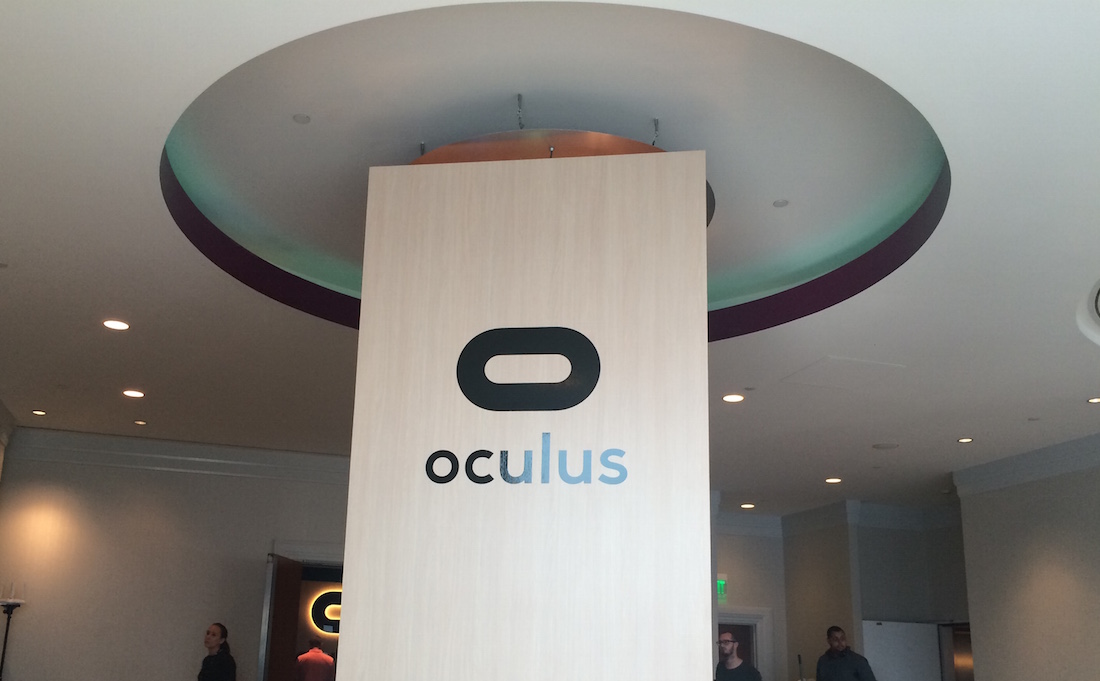Back in May last year, we learned that Oculus was getting ready to ship its first consumer-facing VR headset in early 2016. Now, we have a ship date and pricing. The Facebook-owned company just announced at CES that its Oculus Rift headsets will cost $599 and start shipping on March 28th.
We here at the Lab are always looking out for new developments in the VR space, and currently we have two VR headsets—an Oculus Rift and a Samsung Gear—ready for demo in the Lab. And of course, we have pre-ordered two more Oculus Rift headsets this morning to add to our collection. VR is unlikely to hit mass adoption in the next few years, but it is increasingly becoming a great tool for brands to employ in event activations. A number of brands, such as Marriott Hotel, Birchbox, JCPenney, and Target had already started developing their own branded VR content to entertain and connect with their customers.
For more of the Lab’s CES coverage, click here.


